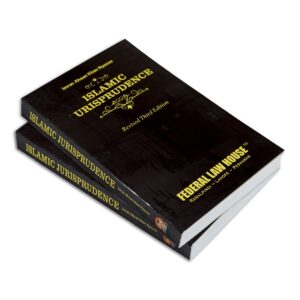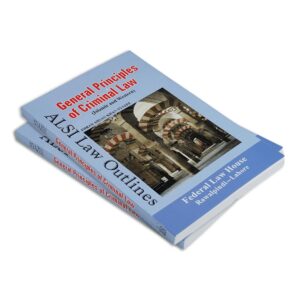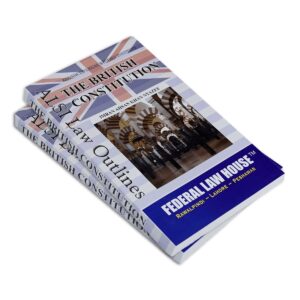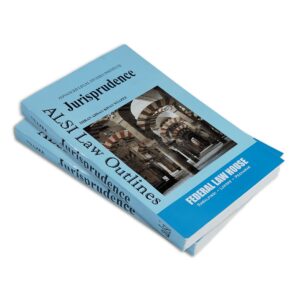Showing 17–20 of 20 results




The Advanced Legal Studies Institute was established in 1997 to promote research in Islamic law and in the laws prevailing in Muslim countries, especially in Pakistan. We are engaged in the service of the legal community, academics, lawyers, and students in Pakistan.
Copyright 2025 – Advanced Legal Studies Institute. All Rights Reserved.


